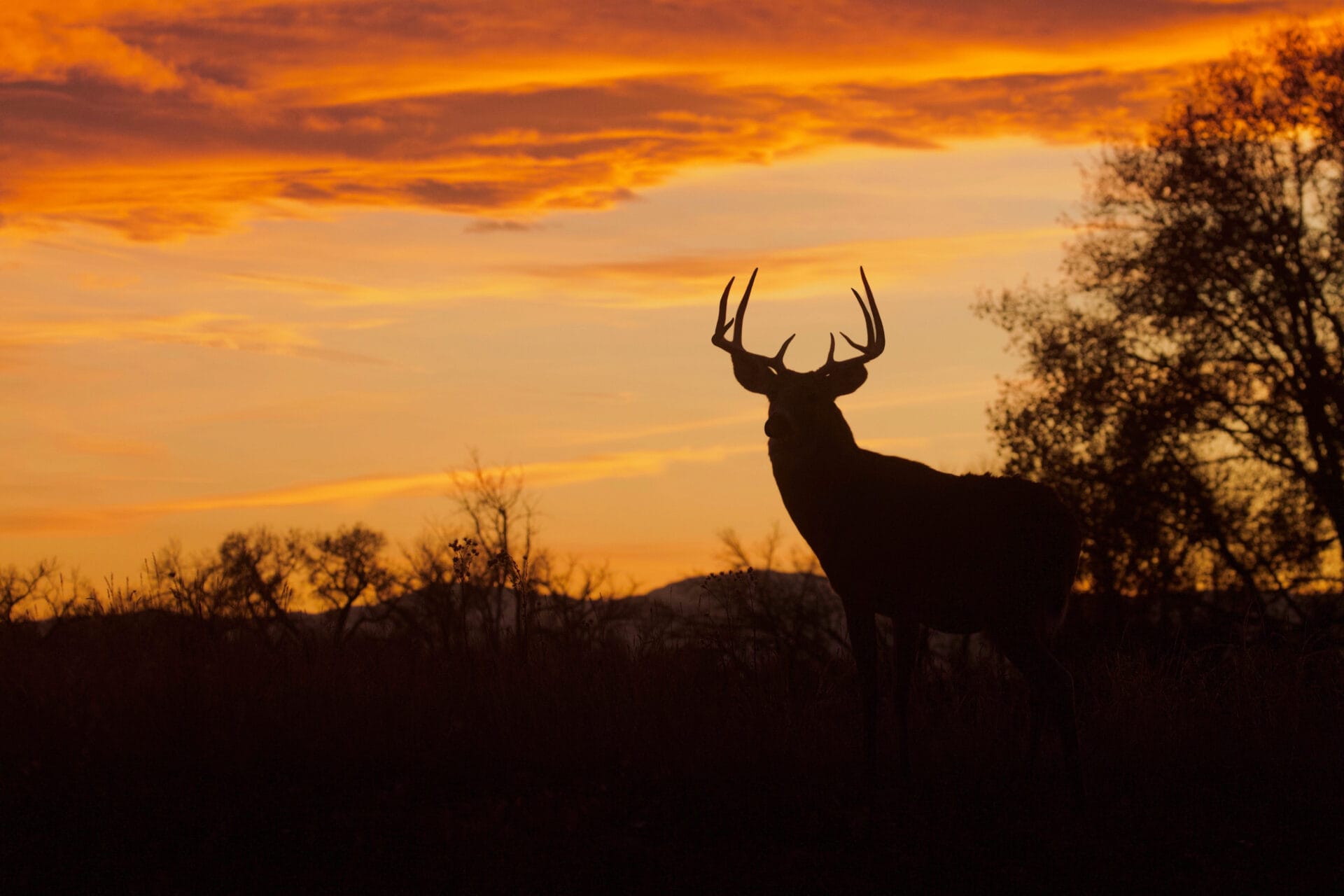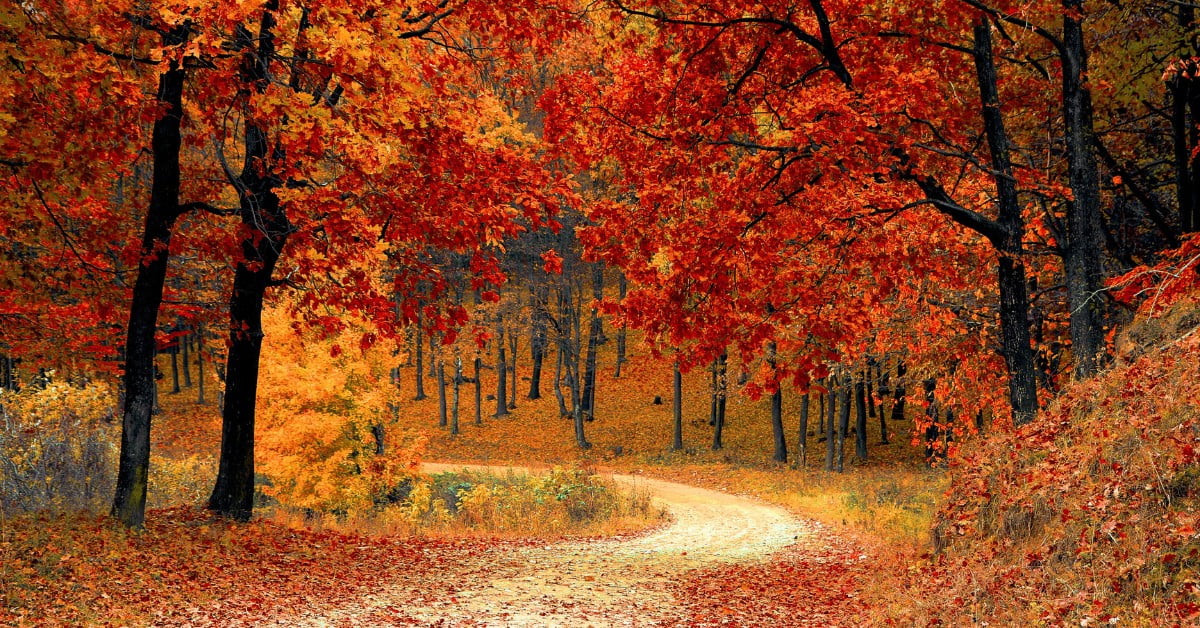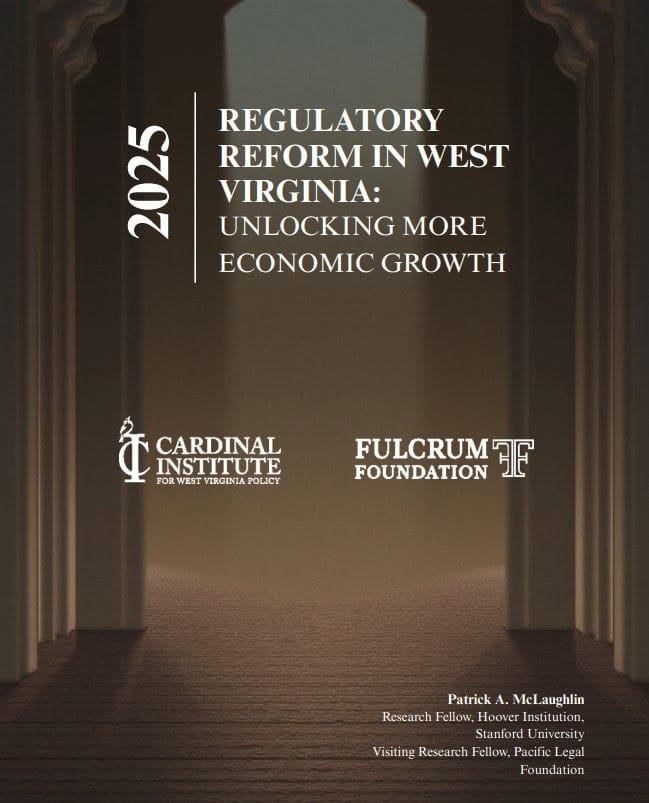
Thanksgiving in West Virginia
Tree Stands & Thanksgiving Tables
I can attest to odors evoking vivid memories and emotions. While I may not fully understand the neuroscientific mechanisms behind this phenomenon, I find myself transported back to my childhood home in Grafton, WV, whenever I encounter the aroma of thyme, rosemary, and sage — the piney, earthy flavor notes that act as the foundation to traditional American Thanksgiving dishes.
The mingling savory fragrances and the cold tile floor of the kitchen were my early morning greetings in the days leading up to Thanksgiving preparations. However, another scent cut through the house, one that is as nutty and bitter as it is nostalgic: the rich, grounding aroma of now-cooled coffee. It was a telltale sign that my dad had awoke well before dawn, preparing for the trek to his tree stand miles away in the woods.
I couldn’t help but envision him perched above the forest floor, slowing his breathing, moving with quiet intent. His goal wasn’t necessarily to bag the biggest buck. Instead, it was to line up the perfect shot to bring home enough venison to fill our freezer and stock our dishes and stews through the long winter months. For him, hunting wasn’t just about the trophy; it was about providing for our family and maintaining a tradition deeply rooted in our state’s history.
Unlike the rest of my family, I am not a hunter. But, as a West Virginia native, I know how deeply ingrained hunting is in our culture, and, of course, our Thanksgiving traditions.
A West Virginia Thanksgiving: More Than Just Turkey
In the days leading up to turkey carvings, over 200,000 hunters across the state will take time off work or school to lace up their boots and trudge into the elements in hopes of adding to the season’s harvest. In years past, hunting season often opened just before the Thanksgiving break for public schools, which meant that, as a student, I knew the lessons during that time were usually sidelined. Nearly a third of my classmates would be absent, joining their families in the woods for the hunt.
When picturing the customary Thanksgiving spread of roasted turkey, mashed potatoes, and green beans, do you visualize venison alongside these dishes? For many families, wild game is often part of the holiday tradition. Unlike grocery prices, locally sourced protein is inflation-proof and, as such, may be taking the turkey’s spotlight in many West Virginia households.
Hunting is more than a recreational activity; it transcends socioeconomic status. For generations, the tradition and culture of hunting have been passed down through families from all walks of life, offering a sense of self-reliance in secluded rural areas where hunting is a practical means of providing for one’s family.
West Virginia hunters maintain an intimate relationship with the same land used to sustain early frontier settlers, as much of the state’s dense wooded areas remain unmarred. This connection is central to the West Virginia mindset, as these settlers are the inspiration for West Virginia’s famous mascot and cultural symbol: the Mountaineer.
Happy National Mascot Day to the greatest mascot in the world… @WVUMascot! 💛💙 pic.twitter.com/PhdqVV9Dro
— WVU Mountaineers (@WestVirginiaU) June 17, 2024
Grateful for the Harvest
Thanksgiving is an ample opportunity to catch up with loved ones and indulge in comfort foods. More importantly, it’s an occasion to acknowledge moments of gratitude over the past year, including the lessons learned from missed shots, triumphs, and losses.
The West Virginia tradition of hunting — where families sustain themselves directly from nature, free from the constraints of grocery stores’ soaring prices — perfectly captures the essence of the state’s motto: Montani Semper Liberi. It’s a timeless practice that reflects the self-reliance, resilience, and pride that define the spirit of West Virginia.








